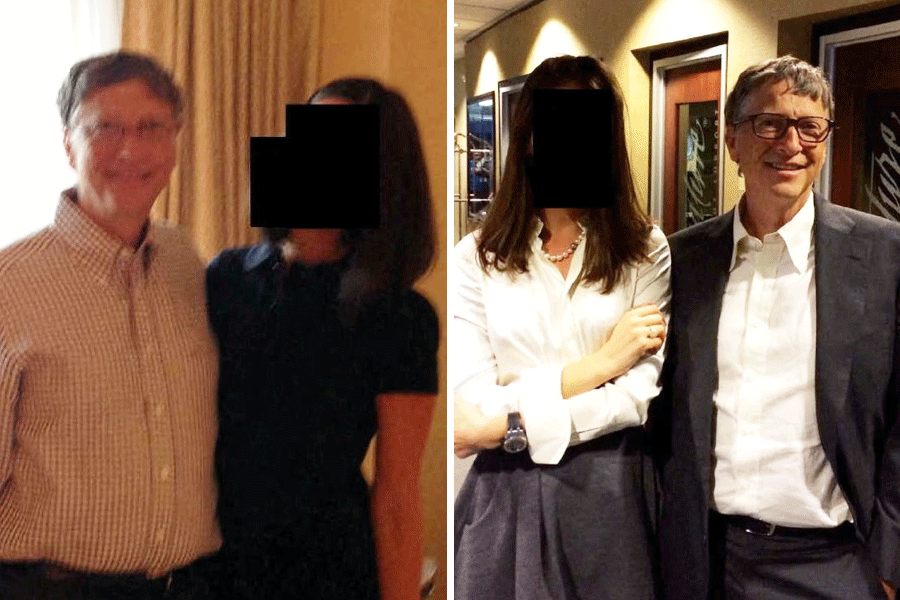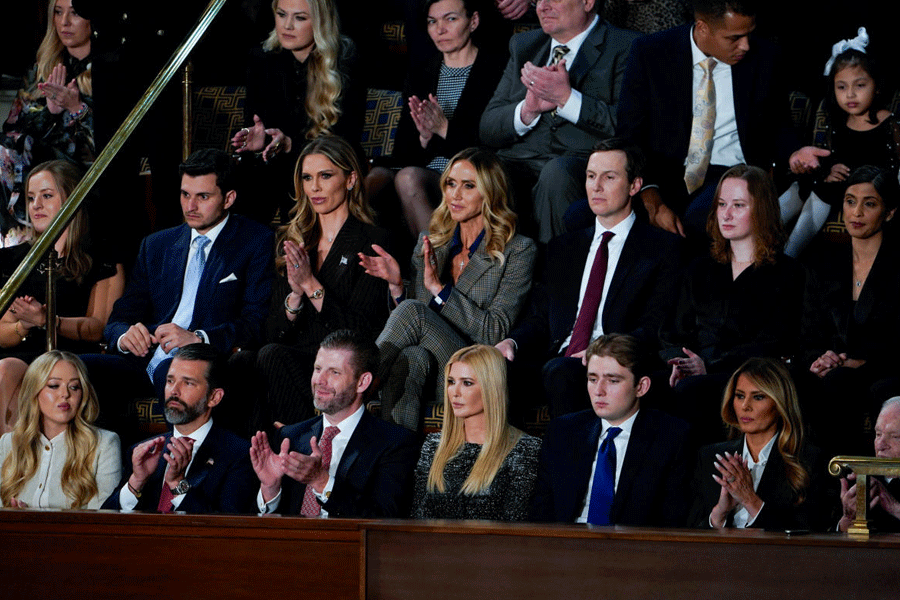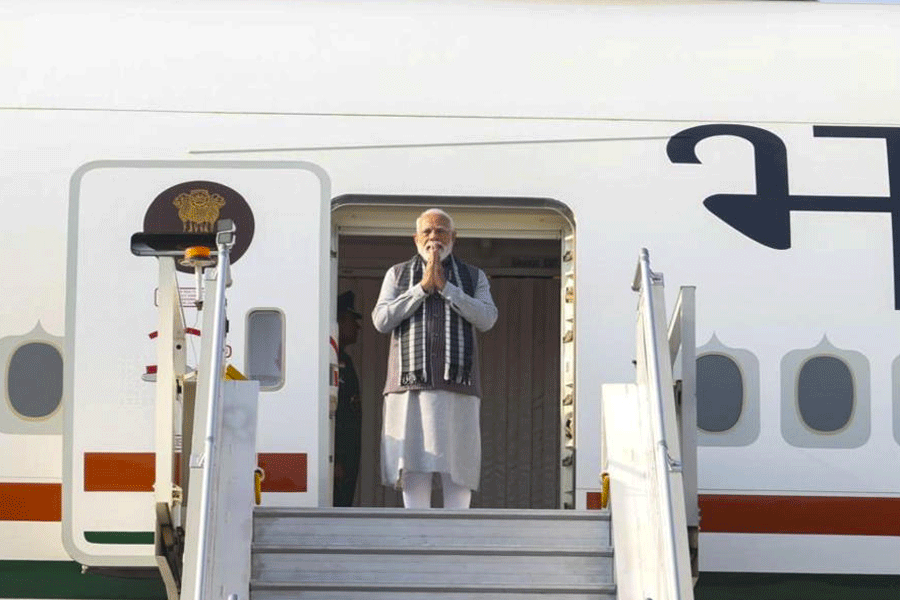While welcoming Prime Minister Narendra Modi during his recent State visit to the United States of America, the acclaimed American singer and actress, Mary Jorie Millben, underscored faith, family and freedom constituting the common ground for the two largest democracies, America and India. Millben, who has performed for three consecutive American presidents — George W. Bush, Barack Obama and Donald Trump — sang the Indian national anthem at the Ronald Reagan Building.
Each of these words — faith, family and freedom — begins with the letter, F, and rhymes smoothly. But on closer scrutiny, the same combination in a phrase appears to be complex. Freedom, a prized concept of modernity, makes for an odd mix in the company of the premodern notions of faith and family. The sequence is also intriguing — premodern ideas and institutions like faith and family precede the modern idea of freedom. This is problematic as modernity excluded all premodern ideas and was founded on a clean slate — tabula rasa — à la John Locke or the state-of-nature of the Social Contract philosophy. This foundation comprises individualism, freedom, liberty, rationality, and objectivity.
These were the modern values that constituted the American dream, which has attracted people worldwide to the US. America was not known for the two premodern aspects highlighted by Millben, namely, faith and family. Faith does not meet the test of objectivity, as is evident in Galileo’s argument against religion, an idea shared by modern philosophers. Both faith and family were treated as transitory by Hegel. The common ground between India and the US that Millben alludes to, and the sequence in which she presents the concepts, are at variance with the basic tenets of modernity that America has adhered to.
This variance is more than merely an expression of Millben’s personal views. To explore further, I’d like to focus on the other aspect of her formula, namely, family, and in this context, discuss two influential public figures in America, Bill Clinton and Barack Obama. Both made positive references to the strength of the family in India during their visits to our country. At least one of them mentioned that Indians work not only for themselves but also for their families. This, again, conflicts with the basic tenets of modernity. Rousseaurejected the ‘ancient’ institution of family and argued that all social relations — between man and woman, parents and children, citizens and State — should be based on contract.
In the conventional family structure, marriage is organised by the family and is to be endured, be it with happiness or suffering. Tolstoy brilliantly depicts the latter in Anna Karenina. Anna’s aunt arranged her marriage with Karenin, a wealthy man with a good reputation in high society, so her niece would have a good life. Unfortunately, the marriage did not work out as envisaged and caused Anna immense suffering, ultimately leading to separation. However, in modern marriages and other social relations, the possibility of a break in the relationship is built in at the moment of its coming together. Therefore, modern marriage and the family built on it are based on contract. This is true of all social relations. These contractual relations and the associated individual freedom constituted the American dream and made America an incredibly attractive land of opportunities.
The positive allusion to the family by the former US heads of State is another instance of difference and discontinuity between premodern values and the modern ideals of individualism. Millben’s reference to faith and the allusion to family by Clinton and Obama drew my attention to the formula of faith, family and freedom.
Freedom, as already mentioned, is the core value of modernity. However, the presence of the other two, faith and family, preceding freedom could be more problematic. This difference could be a strength or a weakness, leading to the ability to incorporate or the necessity to concede.
Neither of these references to family or faith is precisely traditional but are modified, modern versions. It is, however, essential to ask whether these new interpretations represent American modernity’s ability to absorb ideas and practices from the premodern within its dominant fold. This indicates a positive metamorphosis or even a mutation of modernity, revealing its dynamic and transformative nature. In his magnum opus, The Philosophical Discourse of Modernity, Habermas restates modernity, placing it back on track. This shows the vibrancy and the strength of modernity and reveals its capacity to take on board aspects that its founders had excluded.
Or does the reference to faith and family, initially rejected by modernity, reveal weakness or fatigue caused by the diaspora? Are faith and family intruding into the domain of weak modernity? Or is America exploring a new formula where some aspects of the premodern coexist along with the modern — modern materialism with premodern spirituality — as explored in a different context by thinkers like Swami Vivekananda and Sri Aurobindo? Further, is this a passing phase? Will it fade over time, with modernity retaining its original tenets?
Understanding the interface among faith, freedom, and family in American life can throw better light on our understanding of a different intersection between modern ideas and premodern practices in present-day India. These possibilities and complexities quietly resonate in Millben’s new formula of the common ground between India and America. Further, she provides an occasion to reference family in India or Indians in America. Like Millben, India can carefully reflect on the changes within the country and learn from these critical experiences of modern societies like America.
A. Raghuramaraju teaches Philosophy at the Indian Institute of Technology Tirupati











